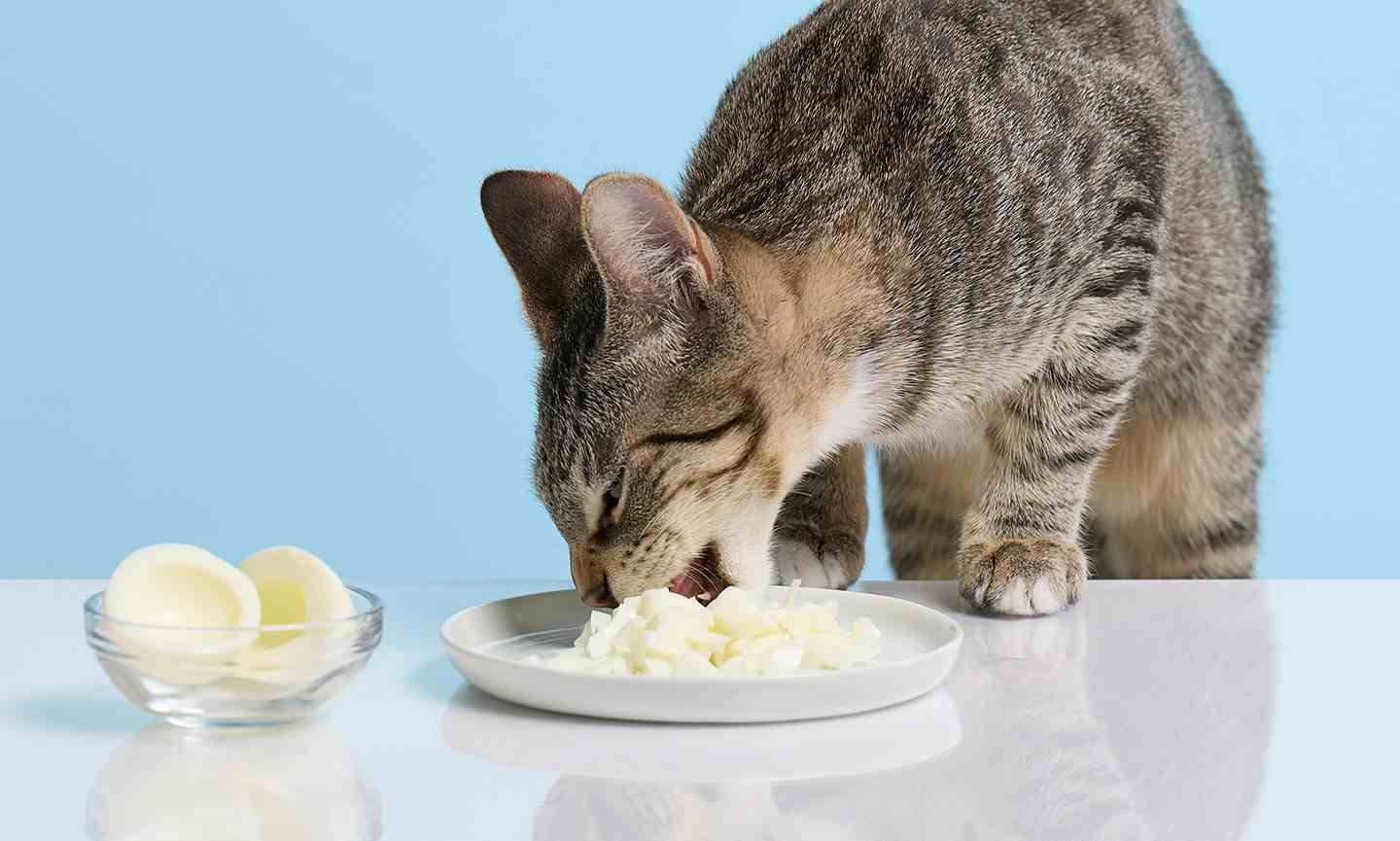Are you a curious cat owner wondering about the suitability of eggs for your feline friend’s diet? Eggs are a staple in many human diets, packed protein and essential nutrients. But when it comes to our beloved cats, questions arise: Can cats have eggs? Are eggs safe for cats to eat? Let’s explore the world of feline nutrition to uncover the truth behind this common query.
Understanding Feline Nutrition
Before diving into the specifics of whether cats can safely consume eggs, it’s crucial to understand the dietary needs of our feline companions. Cats are obligate carnivores, meaning they require a diet primarily consisting of animal-based proteins to thrive. Their bodies are designed to efficiently digest and absorb nutrients from meat sources, making protein the cornerstone of their diet.
Nutritional Benefits of Eggs
Eggs are nutrient powerhouses, containing a variety of essential vitamins and minerals beneficial for both humans and animals alike. They are rich in high-quality protein, providing all nine essential amino acids that cats need to support muscle growth, maintenance, and overall health. Additionally, eggs are a good source of vitamin A, vitamin D, vitamin B12, riboflavin, and selenium, which play vital roles in various bodily functions.
Can Cats Have Eggs?
The answer is yes, cats can safely consume eggs as part of a balanced diet. In fact, many commercial cat foods contain eggs as a key ingredient due to their nutritional benefits. However, there are a few important considerations to keep in mind:
1. Cooked Eggs: Raw eggs should be avoided, as they may contain harmful bacteria such as Salmonella or E. coli, which can pose health risks to cats. It is recommended to feed cats cooked eggs, either boiled or scrambled, to eliminate any potential pathogens and ensure safe consumption.
2. Moderation: While eggs can be a nutritious addition to a cat’s diet, they should be fed in moderation. Too much egg consumption may lead to dietary imbalances or digestive upset in some cats. As any new food introduction, it’s essential to monitor your cat’s response and adjust accordingly.
Incorporating Eggs Into Your Cat’s Diet
1. Homemade Treats: Whip up a batch of homemade cat treats using cooked eggs as a main ingredient. Mix them cat-safe ingredients such as canned tuna or cooked chicken for added flavor and nutrition.
2. Egg Toppers: Sprinkle finely chopped boiled eggs over your cat’s regular food to entice picky eaters or add a protein boost to their meals.
3. Egg-Enriched Cat Food: Consider purchasing commercial cat foods formulated eggs as a primary ingredient to ensure your cat receives the nutritional benefits of eggs in a balanced diet.
In conclusion, cats can indeed have eggs as part of their diet, provided they are cooked and fed in moderation. Eggs offer a plethora of nutritional benefits, including high-quality protein and essential vitamins and minerals, making them a valuable addition to a cat’s nutrition. By following proper food safety guidelines and monitoring your cat’s response, you can safely incorporate eggs into their diet and contribute to their overall health and well-being. So go ahead, treat your feline friend to a delicious egg dish—they’ll thank you purrs of contentment!
More on AmplifyGlobe
Discover the secrets behind the rich cultures of the Aymaraes, the Nuckelavee, and the Gancanagh. Furthermore, there are the Kazakh, the Sami People, the Ainu of Japan, the Adivasi, the Akha People, and more on AmplifyGlobe.
